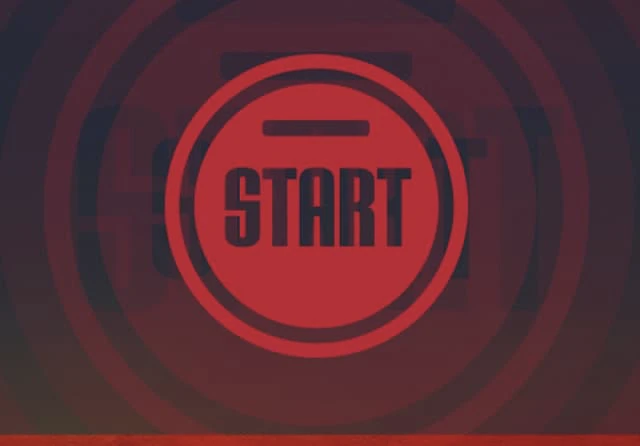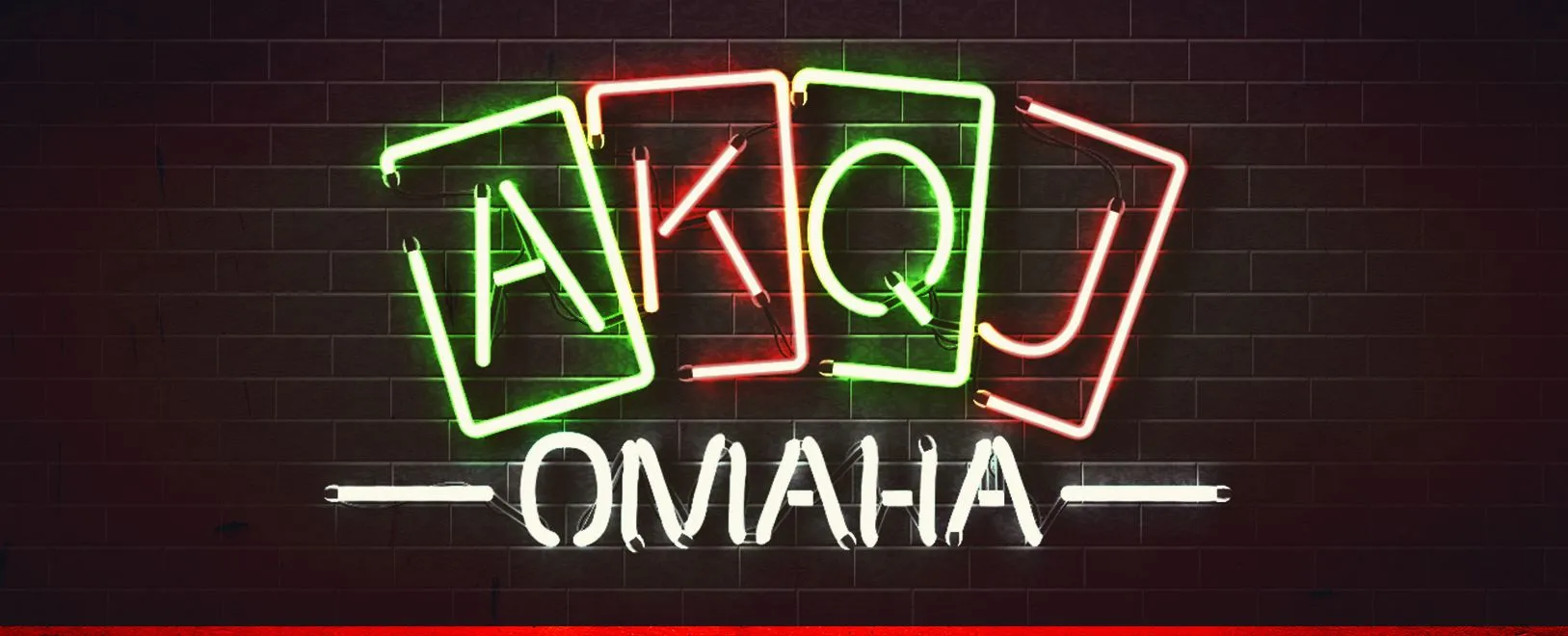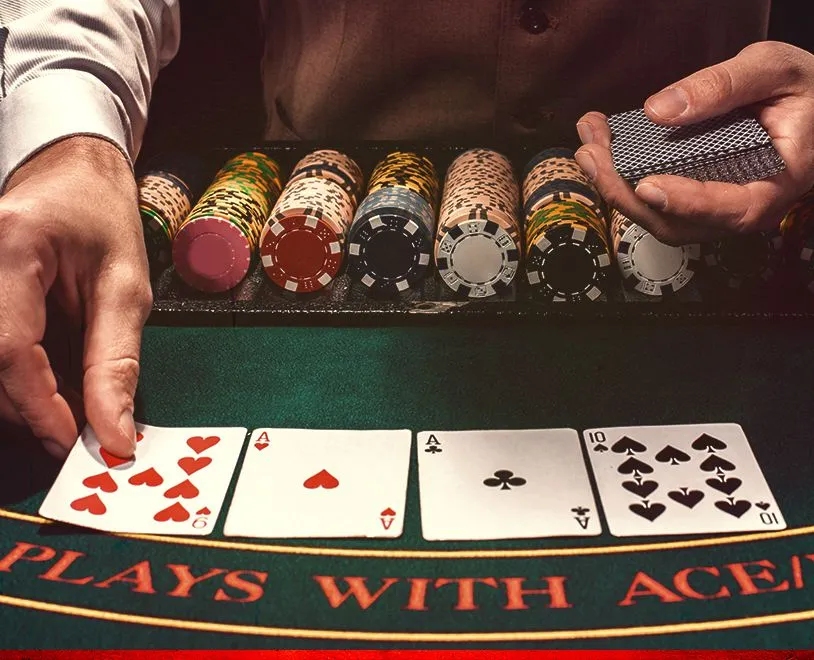
Download Poker

Omaha is a relatively new way to play poker. The first games were recorded in the early 1980s, where it was known as “Nugget Hold’em.” World Series of Poker bracelet winner Robert Turner is credited with inventing Omaha and bringing it to Vegas. Since then, the game has spread to casinos and card rooms across the globe. We will provide a detailed explanation of the rules and how to play this card game, making it easier for beginners to get familiarized with it.
Compared to other poker games, the rules of playing Omaha are more intricate, and it may take some time to grasp all the essential points. However, this Omaha beginners’ guide will assist you in memorizing all the essential features. If you have prior experience playing Texas Hold'em, it will be easier for you to learn Omaha poker.
If you're interested in learning and playing Omaha poker, Ignition is the ideal platform to start your journey. We offer various options, including cash games & tournaments, giving you a wide range of choices to explore. Whether you're a beginner or an experienced player, Ignition is the perfect place to sharpen your poker skills and elevate your gameplay.
In Omaha, players are dealt four starting cards instead of two. However, to make the best five-card poker hand, players must use two of their hand cards with any three cards on the board. This is an important rule that beginners tend to forget, and making such mistakes can be costly. It's crucial to keep in mind that using more or less than two hand cards is not allowed and can result in a disqualified hand.
To play Omaha poker, you need a standard 52-card deck, a table, and at least two people. The two-person format is called heads-up, while the three to six-person format is called short-handed. Before starting the game, like in the rules of any poker game, players must determine the first dealer button. The dealer button rotates clockwise after each hand, and the player sitting to the left of the button acts first in each betting round. It's also essential to establish the betting structure and limits before the game begins to avoid any confusion or disagreements during play.
 Before any cards are dealt, the player sitting to the left of the dealer must place a bet equal to half the minimum bet on the table, which is known as the small blind. The player to the left of the small blind, in turn, places a bet equal to the minimum bet, known as the big blind. This compulsory betting ensures that there is always money in the pot.
Before any cards are dealt, the player sitting to the left of the dealer must place a bet equal to half the minimum bet on the table, which is known as the small blind. The player to the left of the small blind, in turn, places a bet equal to the minimum bet, known as the big blind. This compulsory betting ensures that there is always money in the pot.
In Omaha pot limit and no limit, the amount of the blinds is included in the game's name, such as $1/$2 Omaha.
The first betting round in Omaha is known as preflop. In this round, the dealer hands out four face-down cards to each player. Before each player at the table receives their four hole cards, the player to the left of the Dealer must post the small blind (a mandatory contribution to the pot). The next player to the left must post the big blind, which is twice the size of the small blind. Then the cards are dealt, and the action begins with the player to the left of the big blind. They call it being under the gun, and each player has the option to fold, call, or raise.
After the preflop betting, the dealer reveals the first three community cards face-up on the table, called the flop. The player seated in the small blind or the one closest to the left of the dealer in a clockwise direction initiates the betting round.
The fourth community card is revealed face up on the table, which is called the turn, and a new betting round begins. Players can either improve their current hand or maintain it if the new card doesn't help.
The fifth and last community card is revealed, called the river, and a final betting round takes place. The remaining players reveal their hole cards in a showdown to determine the winner. The player with the strongest hand takes the entire pot, and if there is a tie, the pot is split among the players.
In Omaha High/Low rules, the pot is split between the player with the highest hand and the player with the lowest qualifying hand. To qualify as a low hand, a player must have five cards that are ranked eight or lower, with no pairs. If no player qualifies for a low hand, the entire pot goes to the player with the highest hand. The highest hand is determined by the standard poker hand rankings.
In the event that both players have hands of the same rank, such as two pairs of aces and kings, the rank of the fifth and final card in each hand will determine the winner. If these cards are also of the same rank, the hand is declared a draw.
If multiple players have hands of equal strength, they will divide the pot equally among themselves.
In Omaha, card values and starting hands are critical factors in determining a player's chances of success. Due to the requirement of using two of the four starting cards to make the best five-card hand, players should focus on hands with strong pairs, connected cards, and suited cards.
Hands with only high cards and no connectivity should be avoided as they have a low probability of improving on the flop. Card values in Omaha follow the standard poker hierarchy, with aces being the highest-ranking cards.
However, unlike Hold'em, where a pair of aces is a dominant hand, in Omaha, the strength of a hand is often determined by the connectivity of the cards rather than their individual values.
Omaha poker differs from Hold'em primarily in the number of hole cards dealt at the beginning of the game. While in Texas Hold'em players receive two cards, in Omaha, they receive four cards.
Another difference is that in Omaha, players can use two pocket cards to form a five-card poker hand, while in Hold'em, they can use one, both, or none of their hole cards. As a result, in Omaha, if a player has only one pocket card of a particular suit, they must possess another pocket card of the same suit to form a flush, which is not the case in Hold'em, where a flush can be made with just one pocket card.
But hold up, there’s still two more subtle differences between Texas and Omaha Hold’em. First, while most poker players prefer to play No-Limit Texas Hold’em, the most popular betting structure for Omaha is Pot-Limit. And second, players don’t have to pay antes in most Omaha poker tournaments.
 Omaha poker online is a great way to enjoy the game from the comfort of your own home. One of the best places to play Omaha poker online is at Ignition. We offer various options, including Pot-Limit Omaha High-Low and Pot-Limit Omaha cash game, Zone Poker & tournaments, giving you a wide range of choices to explore. Ignition also offers Fixed Limit Omaha, Fixed Limit Omaha High-Low & No Limit Omaha High-Low scheduled tournaments.
Omaha poker online is a great way to enjoy the game from the comfort of your own home. One of the best places to play Omaha poker online is at Ignition. We offer various options, including Pot-Limit Omaha High-Low and Pot-Limit Omaha cash game, Zone Poker & tournaments, giving you a wide range of choices to explore. Ignition also offers Fixed Limit Omaha, Fixed Limit Omaha High-Low & No Limit Omaha High-Low scheduled tournaments.
One of the biggest differences between playing Omaha online versus in real life is the speed of the game. Online games move much faster since there's no physical shuffling of cards or dealing.
In addition, you can play in multiple tables simultaneously and play 24/7, no matter where you are in the world.
Here's a short guide on how to play Omaha poker online:
Players can choose from a range of pot-limit Omaha cash games with different buy-ins. The rules of Omaha are the same as in a live game, but the online experience provides additional features such as the pre-select action button and the ability to play multiple tables simultaneously.
The main difference between cash games and tournaments is that in a tournament, players pay a fixed buy-in and compete for a share of the prize pool. Unlike cash games, players cannot buy more chips once they lose all their chips, and the blinds and antes increase over time, making the game more challenging as it progresses.
Omaha tournaments offer a chance to win big prizes and test your skills against other players, making it an exciting and rewarding experience.
At Ignition, players can participate in a variety of Omaha tournaments with different buy-ins and structures, including freezeouts, re-entry, knockouts, progressive knockouts and satellite tournaments.
Omaha Poker differs from Texas Hold'em primarily in the number of hole cards that are dealt to each player at the beginning of the game. While in Texas Hold'em players receive two cards, in Omaha, they receive four cards.
In Omaha, players are dealt four starting cards, and they must use two of their hand cards with any three cards on the board to make the best five-card poker hand.
There are four betting rounds in Omaha Poker: preflop, flop, turn, and river. In each round, players have the option to fold, call, or raise.
If both players have hands of the same rank, the rank of the fifth and final card in each hand will determine the winner. If these cards are also of the same rank, the hand is declared a draw and the pot is split.
The blinds in Omaha Poker ensure that there is always money in the pot before any cards are dealt. The player sitting to the left of the dealer places a bet equal to half the minimum bet on the table, which is known as the small blind, and the player to the left of the small blind places a bet equal to the minimum bet, known as the big blind.
Ignition offers both Omaha High-Low and Pot-Limit Omaha variations, providing players with a diverse range of options. It is an excellent platform for beginners and experienced players to hone their Omaha poker skills and improve their gameplay.